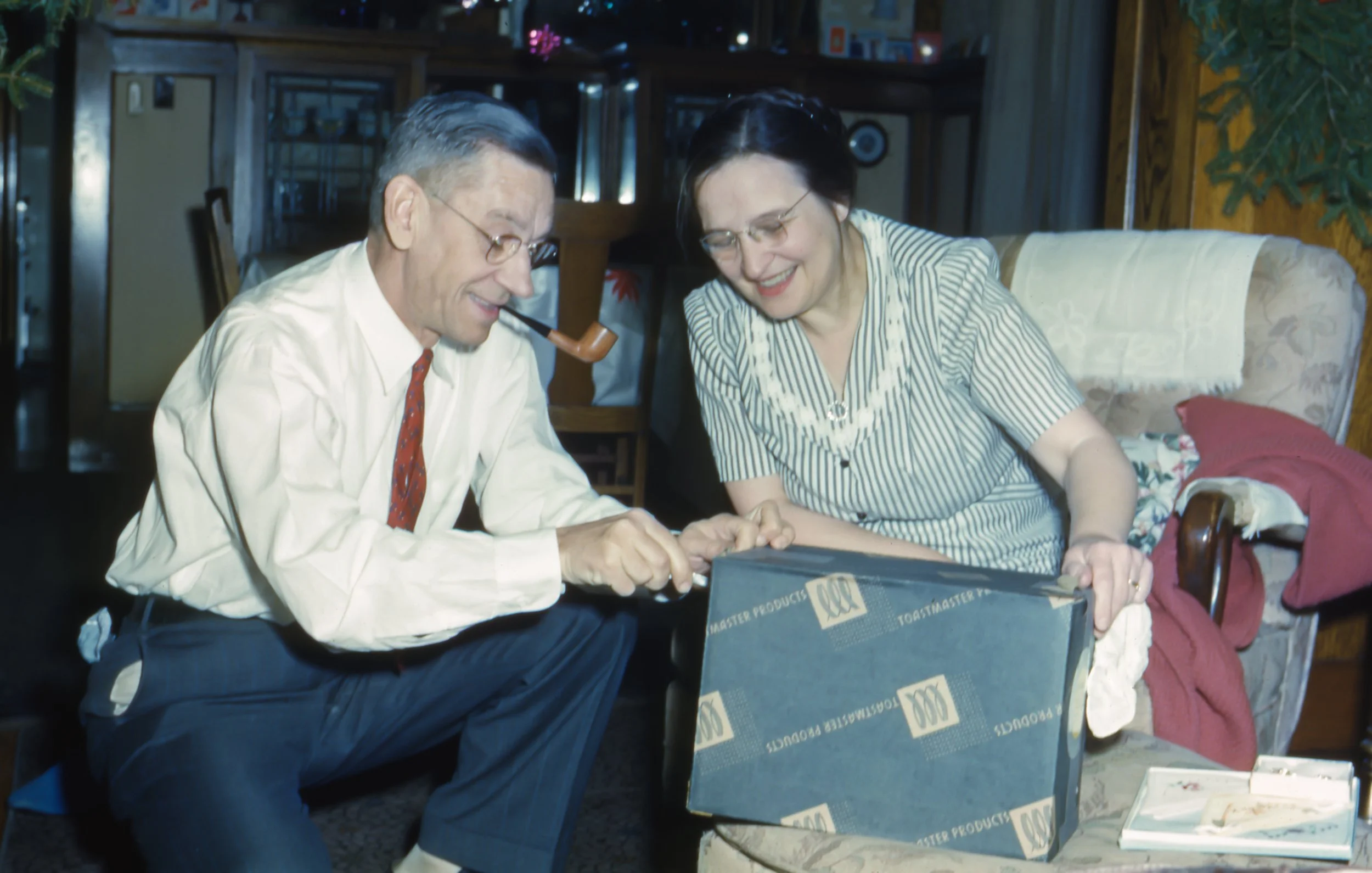Life Story Links: December 12, 2023
“It’s significant that whenever we think about people saving letters, we think of them tied up with a ribbon.”
—Brittany Snow & Jasper Guest, September Letters: Finding Strength and Connection in Sharing Our Stories
Vintage poster promoting winter tourism in New York, with original illustration by Jack Rivolta, produced by the Work Projects Administration; image courtesy of the Library of Congress Prints and Photographs Division, Digital Collection. The posters were designed to publicize exhibits, community activities, theatrical productions, and health and educational programs in seventeen states and the District of Columbia between 1936 to 1943.
Memories, memoir and unique histories
“HOW DOES IT WORK?”
After launching an annual subscription of Write Your Life memory prompts, I got some questions about how the program works—so I compiled a list of answers.
WHAT IT MEANS TO BE A PERSON
“The beauty of memoir is its resistance to confinement: We contain multitudes, so our methods of introspection must, too. This year’s best memoirs perfectly showcase such variety.”
ETHICS, CONSENT, AND TELLING FAMILY STORIES
When weaving first person narrative into a reported piece, award-winning journalist Jennifer Senior says to “take nothing for granted and fact-check your own memory. We are really unreliable narrators.... You want to tape record conversations with your mother, for instance, and rely heavily on archival material when there is material.”
USING SKELETAL REMAINS TO TELL STORIES
“Archaeologists from the University of Cambridge have compiled a series of ‘bone biographies’ that shed new light on residents of medieval Cambridge. The project’s website, called After the Plague, chronicles the lives of 16 ordinary individuals who lived between the 11th and 15th centuries.”
OUR STORIES CHANGE IN THE RETELLING
“The way I talk about an event to my mother is not the same as how I talk about it to a friend, for example. Writing this book was a little frightening, in that it felt like now this would be the definitive version,” memoirist Jami Nakamura Lin says in an interview.
Short takes










